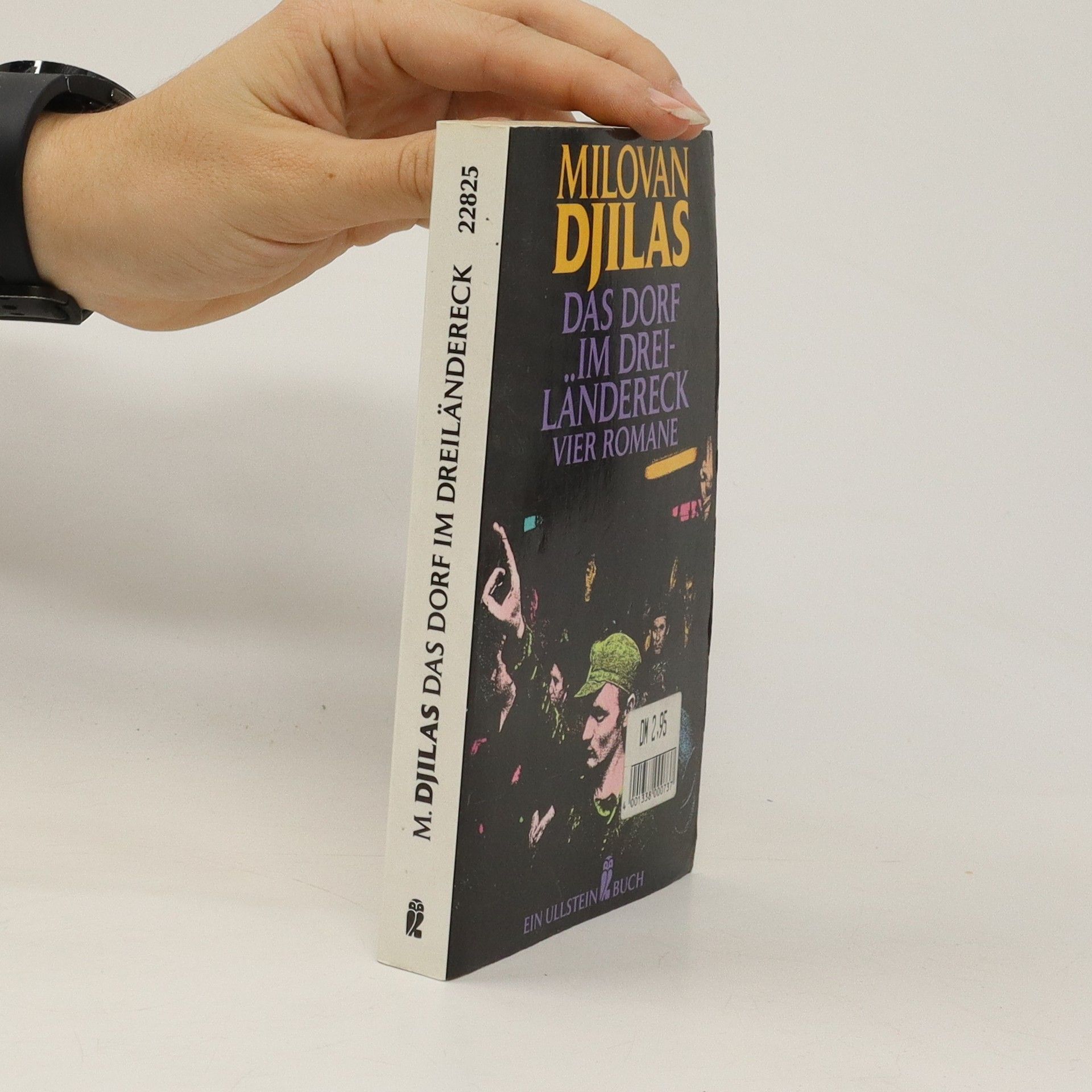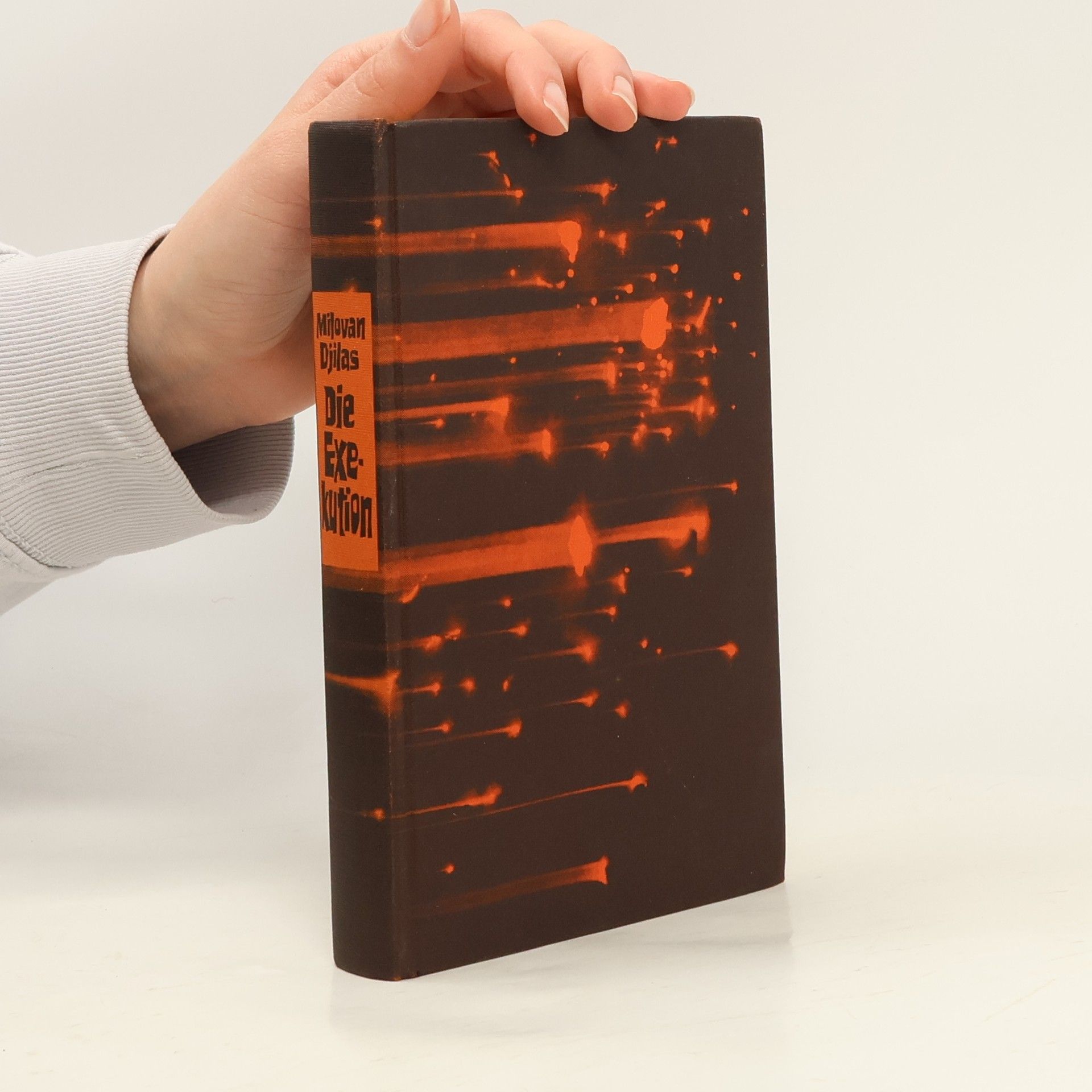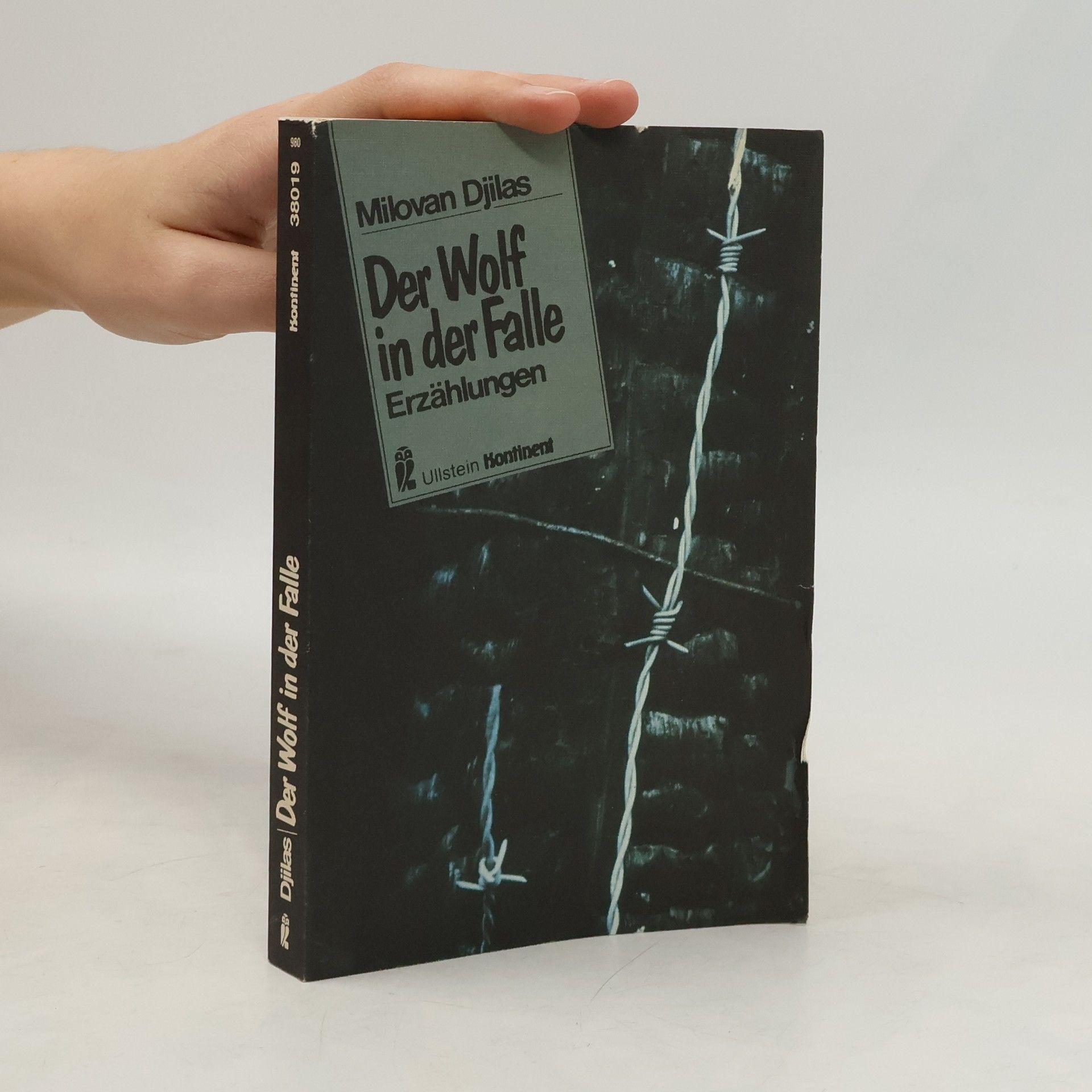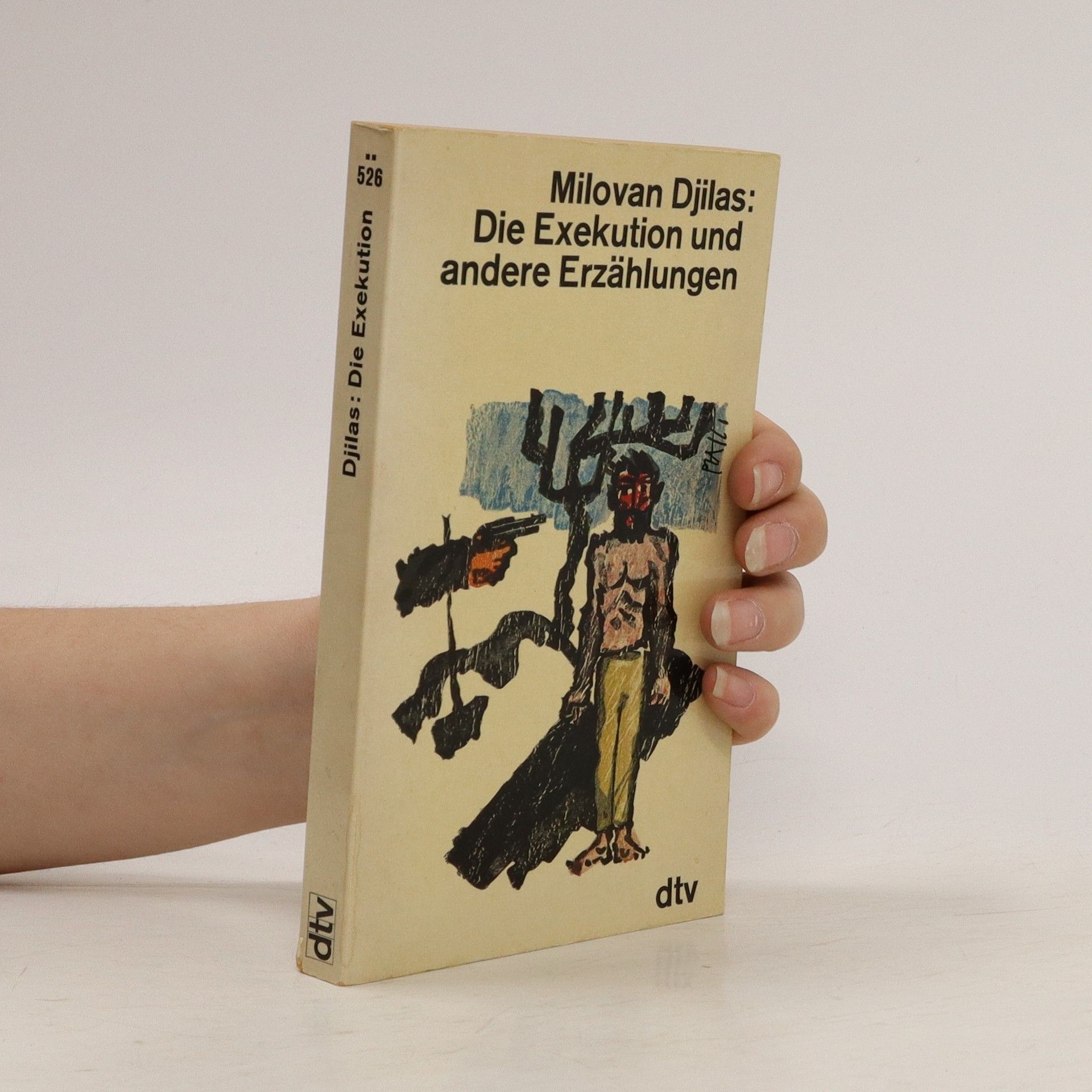This classic by an associate of Yugoslavia's Tito created a sensation when it was published in 1957 because it was the first time that a ranking Communist had publicly analyzed his disillusionment with the system.
Milovan Djilas Boeken
Milovan Đilas was een Montenegrijnse en Joegoslavische communist, en later een dissident. Hij nam deel aan de Nationale Bevrijdingsstrijd, was een politiek theoreticus en schrijver. Zijn werk duikt in diepgaande vragen over politieke theorie en maatschappelijke ontwikkeling. Als dissident bood hij een kritisch perspectief op het communistische regime en zijn ideologie. De geschriften van Đilas verkennen thema's als macht, vrijheid en de menselijke natuur.




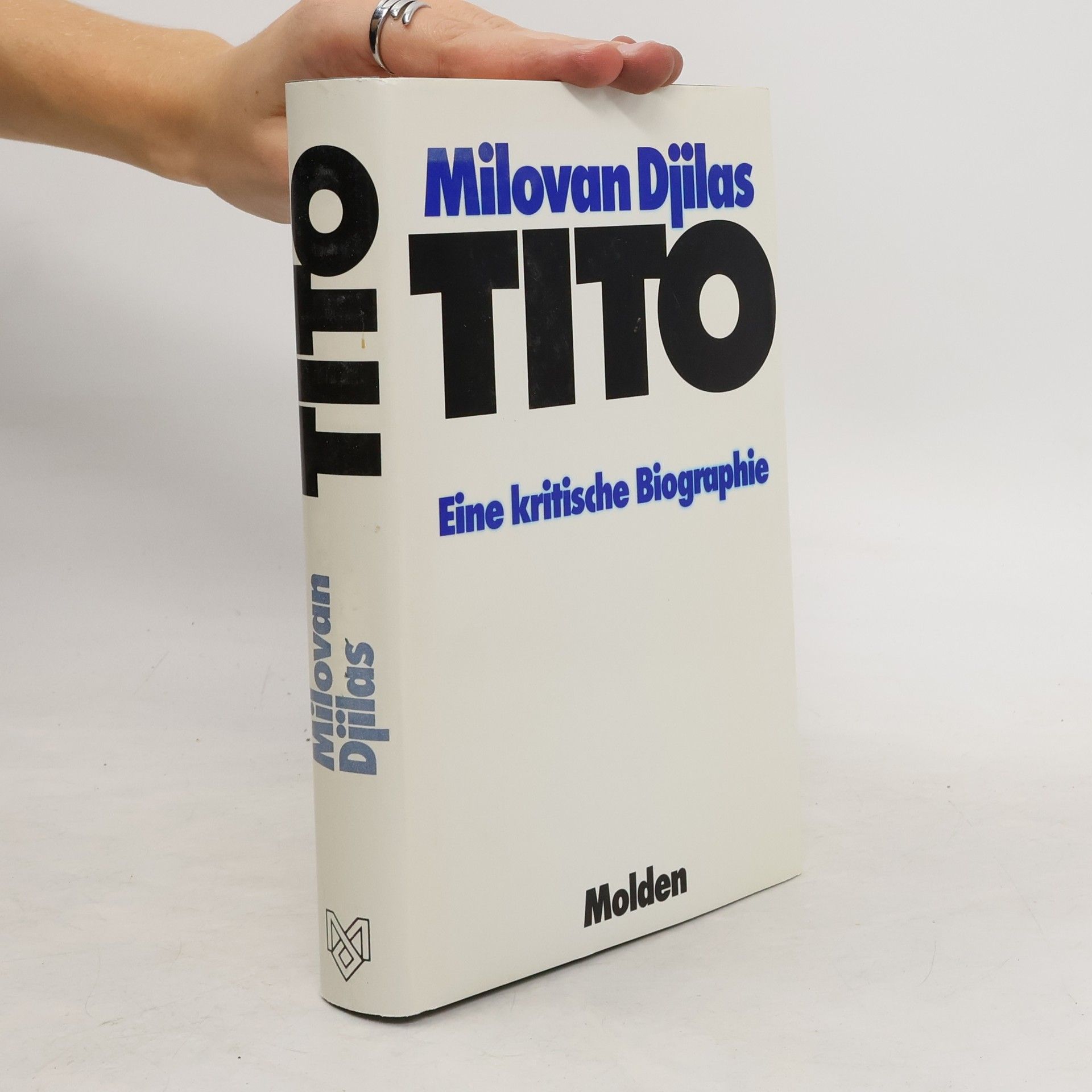

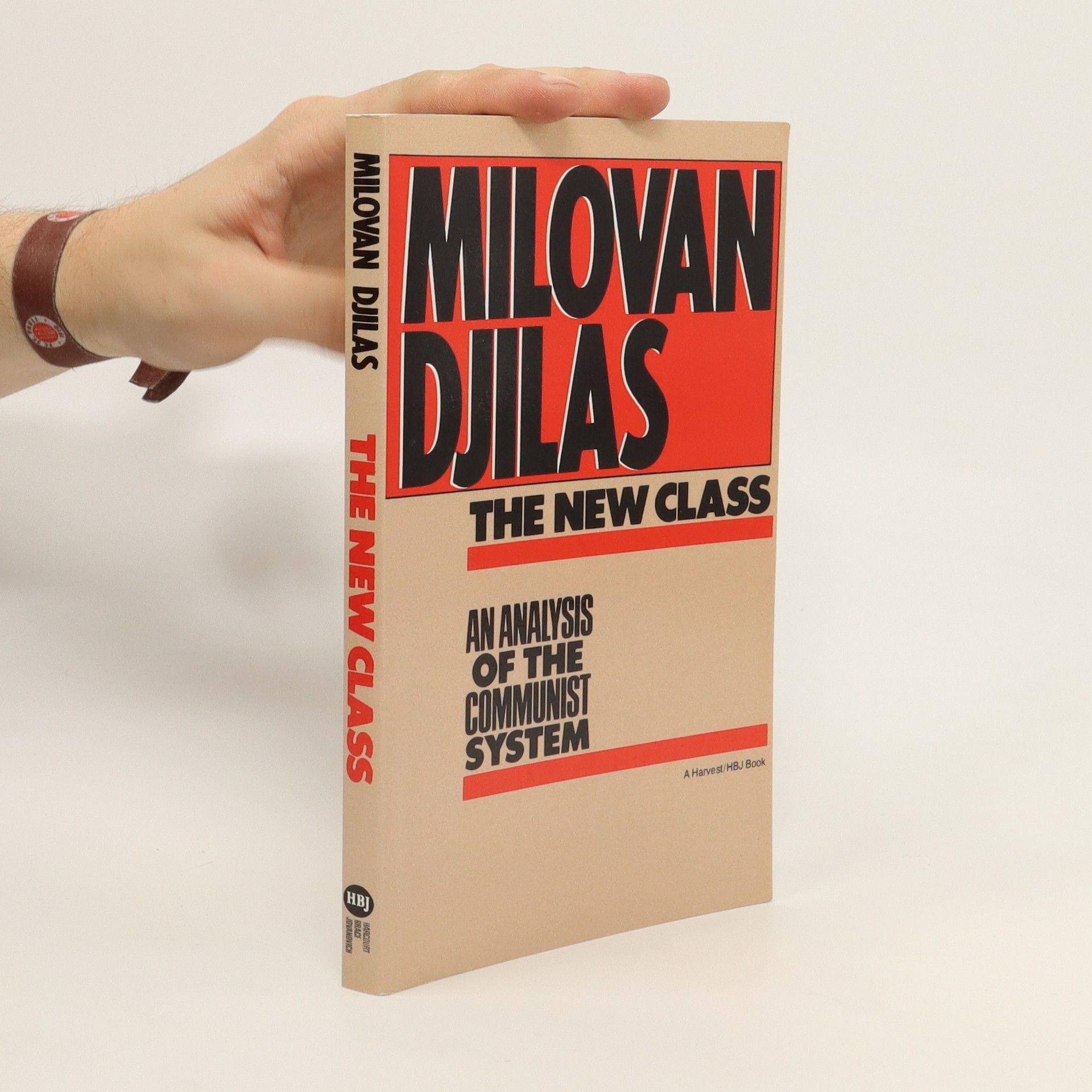
Conversations with Stalin
- 176bladzijden
- 7 uur lezen
Describes the key members of Stalin's court: Beria, Malenkov, Zhukov, Molotov and Khruschchev.
Tito
- 349bladzijden
- 13 uur lezen
Josip Broz-Tito (1892 - 1980), jugoslawischer Partisanenfüher und späterer Staatspräsident
Kniha patří k dílům, která se vyrovnávají s iluzemi o fungování komunistických států. Vyšla v roce 1957 a vzbudila velkou pozornost, dodnes je považována za nesmírně cenný příspěvek k analýze komunistických režimů. Đilas byl členem nejužšího vedení jugoslávské komunistické strany, přesto dokázal zpochybnit samotnou podstatu fungování těchto států. Identifikuje takzvanou novou třídu – byrokratický aparát držící ve svých rukou moc, ideologii i ekonomiku státu. Věnuje se procesům a nejkrutějším důsledkům těchto diktatur, vedle toho však dokáže identifikovat strukturální problémy – ekonomickou bezvýchodnost, problémy legitimity moci a takzvaných národních komunismů. Na závěr poměrně jasnozřivě předpovídá budoucí globální charakter světové ekonomiky
Das Dorf im Dreiländereck
- 331bladzijden
- 12 uur lezen
